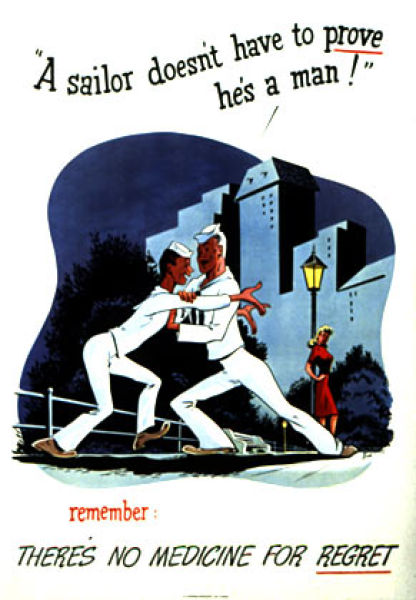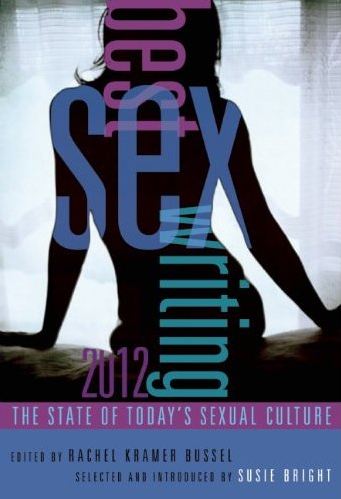Pole Taxes Not “Genius”
 Last August, the Texas Supreme Court upheld the “pole tax,” otherwise known as the Sexually Oriented Business Fee, a $5-per-patron tax on strip club customers, and in January, the U.S. Supreme Court declined to hear the case, letting the law stand. Collected at the door along with the cover charge, the tax is intended to fund sexual assault prevention programs and health insurance for low-income residents. In the year since, the Illinois legislature passed a similar bill, intended to fund rape crisis centers, which is now awaiting the governor’s signature. There’s also one on the table in California that would, you guessed it, fund “sexual assault treatment and prevention.”
Last August, the Texas Supreme Court upheld the “pole tax,” otherwise known as the Sexually Oriented Business Fee, a $5-per-patron tax on strip club customers, and in January, the U.S. Supreme Court declined to hear the case, letting the law stand. Collected at the door along with the cover charge, the tax is intended to fund sexual assault prevention programs and health insurance for low-income residents. In the year since, the Illinois legislature passed a similar bill, intended to fund rape crisis centers, which is now awaiting the governor’s signature. There’s also one on the table in California that would, you guessed it, fund “sexual assault treatment and prevention.”
Now the Houston City Council has passed its own pole tax, an additional $5-per-patron tax to fund the processing of rape kits. It was this instance that caught the eye of Jezebel’s Dodai Stewart, who proclaimed it “genius.” It’s not entirely clear if she was being serious or sarcastic when she wrote “Pretty smart to use money from folks who enjoy sexualized women to aid sexually assaulted women.” What, exactly, does that mean? That sexuality, sex work, and sexual assault are simply different points on the same curve of behavior? That a man who pays to look at strippers is somehow also responsible for the rape of another woman? How gross does this tax feel for strippers in Houston who have been raped?

